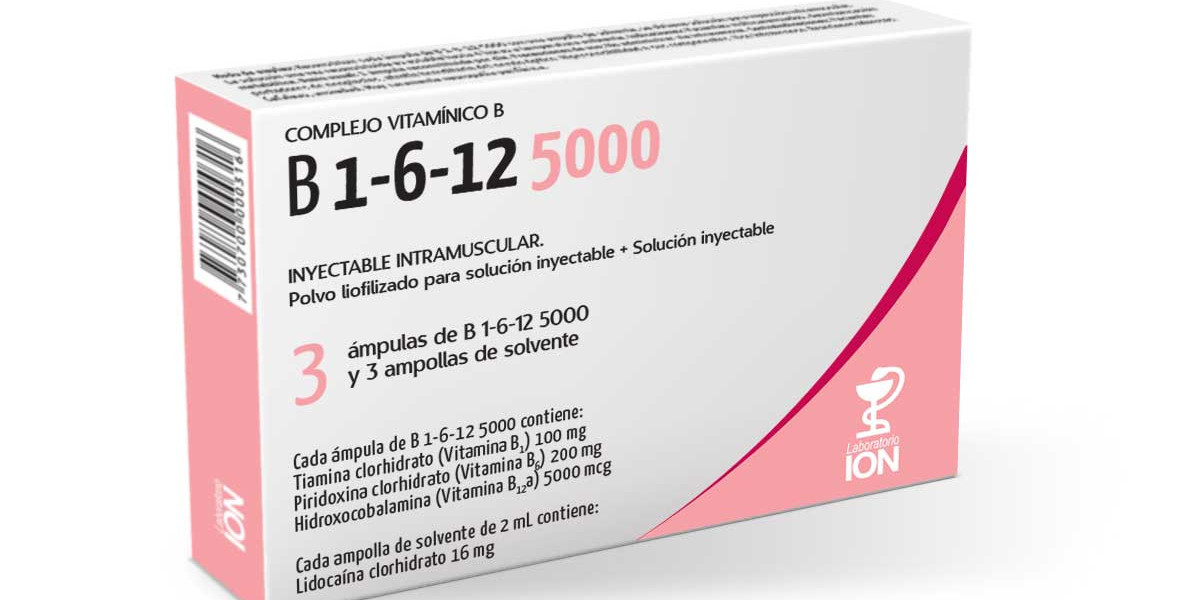
Mental Health Assessment for Teens: A Comprehensive Guide
Mental health is a critical element of general wellness, particularly during teenage years, a time characterized by considerable physical, psychological, and social changes. As teens browse through this troubled duration, mental health assessments play a necessary role in determining problems early and facilitating proper interventions. This post looks into the value of mental health assessments for teens, the approaches utilized, and what caretakers and specialists need to understand.
Understanding Mental Health Assessments
A mental health assessment is a methodical process to evaluate a person's mental health status. For teens, these assessments can assist identify various mental health concerns, including anxiety disorders, depression, attention-deficit/hyperactivity disorder (ADHD), and more.

Reasons for Conducting Mental Health Assessments in Teens
- Early Detection of Mental Health Issues: Detecting issues before they escalate can result in more effective treatment.
- Assisting Treatment Plans: Assessments supply structured information essential for developing personalized treatment plans.
- Monitoring Progress: Regular assessments assist in tracking the effectiveness of treatments and modifications if essential.
- Promoting Awareness: Engaging in mental health conversations motivates teens to reveal their ideas and feelings.
Elements of a Mental Health Assessment
A comprehensive mental health assessment generally includes the following components:
1. Clinical Interviews
An expert performs one-on-one interviews, asking about the teen's ideas, feelings, behaviors, and experiences. This helps with a conversation where the professional can determine the teen's frame of mind.
2. Self-Report Questionnaires
Teens might complete standardized questionnaires that evaluate various mental health domains. These tools are valuable for determining signs and their intensity.
3. Behavioral Observations
Specialists might observe a teenager's interactions, behavior patterns, and responses in different settings, which can provide critical insight into their mental health.
4. Family Interviews
A relative's perspective can help professionals comprehend the teenager's environment, including potential stressors or helpful factors within the home.
5. Review of Previous Evaluations
If a teenager has actually gone through assessments before, examining past examinations helps provide a more comprehensive view of their mental health journey.
Techniques of Mental Health Assessment
Different confirmed tools and techniques can help specialists carry out mental health assessments for teens. Below are some frequently used approaches:
Standardized Assessment Tools
| Tool Name | Description | Age Range |
|---|---|---|
| Beck Depression Inventory (BDI) | Measures symptoms of depression. | 13 years and older |
| State-Trait Anxiety Inventory (STAI) | Assesses anxiety levels-- both state and characteristic. | 14 years and older |
| Child Behavior Checklist (CBCL) | Evaluates behavioral and psychological issues. | 6 to 18 years |
| Conners 3rd Edition (Conners 3) | Focuses on ADHD and related disorders. | 6 to 18 years |
Oral Assessment Tools
- Clinical Global Impression (CGI): Evaluates the seriousness of illness and improvement in time.
- Diagnostic and Statistical Manual of Mental Disorders (DSM-5) Criteria: Uses recognized diagnostic requirements to classify disorders.
The Role of Parents and Caregivers
Parents and caregivers play an important function in the mental health assessment process. Here's how they can contribute:
- Open Communication: Encourage teens to express their feelings without judgment.
- Active Participation: Attend appointments and share observations and interest in experts.
- Education: Learning about mental health can assist caretakers better understand their teenager's obstacles.
- Support: Providing emotional support at home reduces stress and promotes a caring environment.
Regularly Asked Questions (FAQs)
1. What should I expect during a mental health assessment for my teenager?
The assessment will typically include interviews, questionnaires, and possibly observations. It concentrates on understanding your teenager's psychological and behavioral state.
2. At what age should a teen begin mental health assessments?
There is no conclusive age, but assessments are typically encouraged beginning with early adolescence (e.g., 12 years old), particularly if there are visible behavioral or emotional modifications.
3. How long does a mental health assessment take?
Assessments typically last in between 1 to 2 hours, depending upon the techniques used and the complexity of the case.
4. Will my teen have to take medication after the assessment?
Not always. The assessment's primary objective is to understand your teenager's mental health. Treatment choices can vary extensively, including therapy, lifestyle modifications, or medication, depending upon the assessment outcome.
5. Can I advocate for my teenager's mental health assessment?
Absolutely! Parents and caretakers need to feel empowered to demand assessments or resources if they think their teenager is struggling.
Mental health assessments for teens are important tools that contribute significantly to determining and managing mental health issues early in life. By comprehending the components and approaches of such assessments, parents and caregivers can advocate for their teens successfully, supporting their journey towards Mental Health Assessment For Teens well-being. Guaranteeing that the best resources and support systems remain in location is crucial to cultivating a healthy adolescent experience. Early intervention, combined with proper care, can set the foundation for a positive future for teens as they shift into adulthood.








